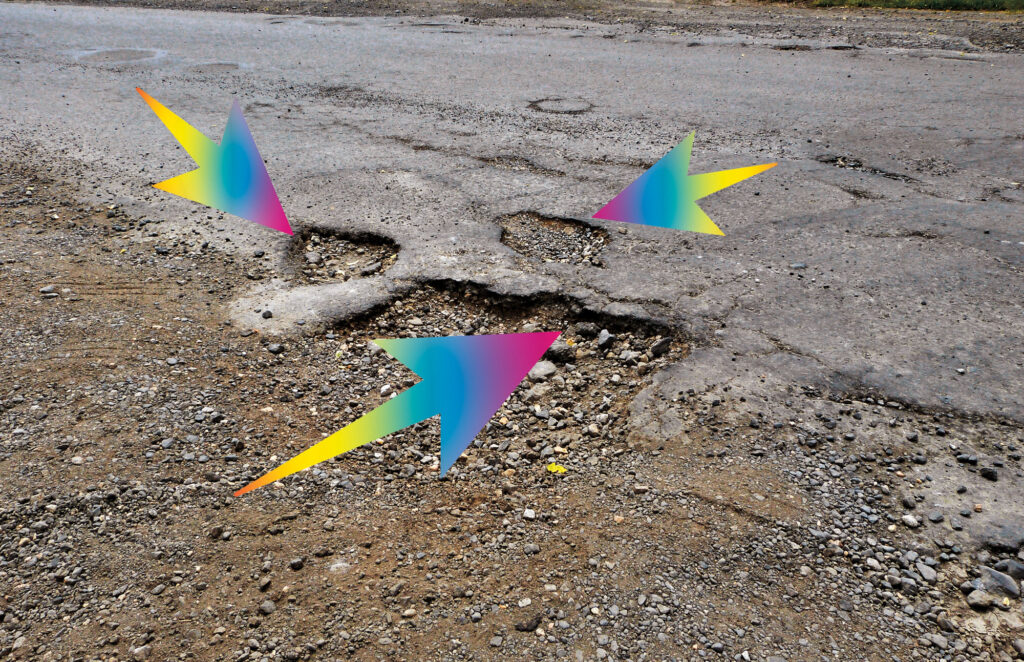
Back in 2018 the then Minister for Roads and Safety, Luke Donnellan, announced the formation of RRV saying in part that RRV would be “a dedicated country roads body to make sure regional communities have the safe and reliable roads they deserve”.
That hasn’t eventuated and RRV has been quietly dropped. The RRV website was live until June, with the URL now redirecting to the projects page of the Transport Victoria website, with no mention of RRV, while the agency’s last Facebook post was in August last year.
Two weeks ago the Victorian Government announced a road maintenance blitz to invest almost $1 billion to rebuild and repair roads across the state.
To quote from the government statement: ‘Minister for Roads and Road Safety, Melissa Horne, launched the $964 million road maintenance blitz at the South Geelong depot of Fulton Hogan, one of the contractors that will deliver these works between now and mid-2025.
‘An army of road workers will begin delivering the equivalent of $2.6 million worth of works for every day of the year – with around 70 percent of funding going to regional Victoria.
‘Over the next nine months, crews will complete thousands of projects on Victoria’s road network, ranging from road rehabilitation and resurfacing, to patching potholes and maintaining bridges, traffic lights, signage and road infrastructure.’
Unfortunately none of that money appears to be earmarked for roads in Baw Baw Shire or the wider Gippsland area.
Another road initiative: the Victorian ‘Black Spot’ program has set aside $25.6 million for 57 known black spots, which is a step in the right direction, but none of those black spots occur in Baw Baw Shire.
The state government states that 700 potholes are being filled in Victoria every day and that is encouraging, but given Victoria has 150,000 kilometres of roads to maintain and repair it loses some significance.
The RACV conducts an annual survey among members and the 2024 survey attracted 7,000 responses. Potholes and poor road condition were the top issues identified, with an overwhelming 64 per cent of participants identifying these as the primary safety issue, up from 46 per cent in 2021.
Sixty per cent of survey participants thought that improving road surfaces should be the priority road safety solution.
RACV Head of Policy James Williams said the data from the survey indicated that the condition of regional roads had become a major safety concern for Victorians.
“As a safety advocate, it’s important that RACV closely examines what Victorians think are the factors contributing to unsafe road conditions, so we can provide that information to all levels of government and encourage action,” he said.
Channel 9 reported a comment from Traralgon truckie, Angelo Vicino, who said the cost of maintaining his vehicles had gone up 30 per cent in a year because of the appalling conditions.
“There’s a lot of roads [where] I can’t even sit at 90 km/h, that’s how bad they are,” Vicino said.
Potholes and poor roads are not limited to Baw Baw Shire and as we stated last month, the Baw Baw Council can only work with the funding it has – which isn’t enough.
Poor roads are a national issue and this newspaper will continue to talk to appropriate bodies to see if there are any real solutions in the offing. We will also talk to local trucking businesses to get their views on what poor roads are costing them.


